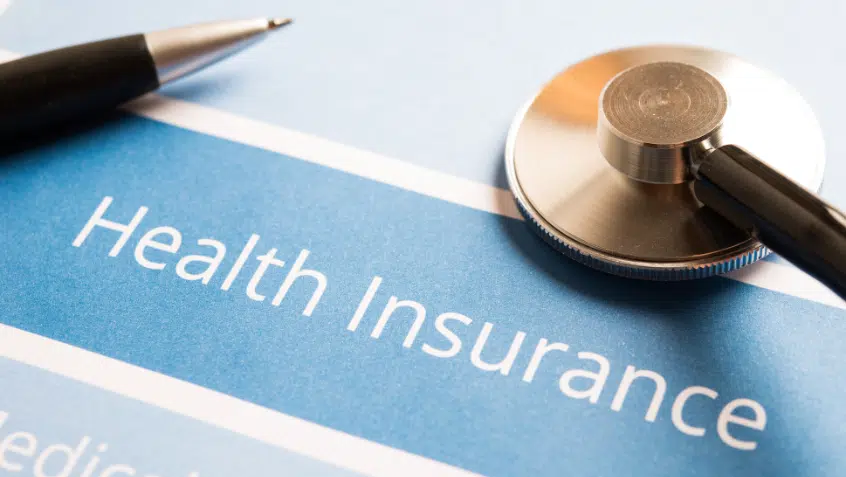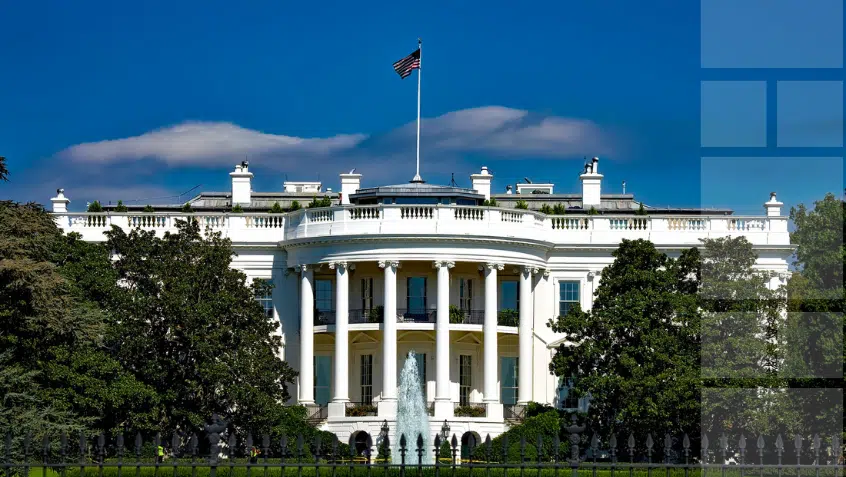
HHS Projects Significant Medicare Beneficiary Savings Under the IRA
The Inflation Reduction Act (IRA) made key changes to improve prescription drug affordability for people with Medicare. Important reforms that
Join Us Live for a Discussion on Medicare, Democracy, and the Future of Health Care
Medicare provides health coverage to over 67 million older adults and people with disabilities, paying for important medical care in hospital and outpatient settings. Nearly 12.5 million beneficiaries also rely on Medicaid, which helps with affordability through the Medicare Savings Programs (MSPs), and covers services Medicare does not, such as long-term services and supports. The Medicare Rights Center supports strengthening Medicare and Medicaid, modernizing benefits and financial assistance, and bolstering the workers and caregivers who deliver this vital care.

The Inflation Reduction Act (IRA) made key changes to improve prescription drug affordability for people with Medicare. Important reforms that

The Inflation Reduction Act (IRA) capped out-of-pocket costs for insulin medications for people with Medicare. Coinsurances and copays for insulin

The Centers for Medicare & Medicaid Services (CMS) announced this week that it will cover seat elevation technology in Medicare-covered

Many of the millions of low-income older adults and people with disabilities who are eligible for Medicare Savings Programs (MSPs)

Once again, some policymakers are attempting to add bureaucratic barriers to Medicaid that would put health coverage for millions of

Last week, the Biden-Harris administration announced a set of executive actions which attempt to address issues surrounding care work and

The end of the COVID-19-related Medicaid continuous enrollment policy is projected to cause significant coverage losses in New York and

Since 2020, the Families First Coronavirus Response Act (FFCRA) has allowed states to maintain Medicaid rolls in exchange for an
Medicare Rights applauds CMS for proposing to extend Medicare coverage of power seat elevation. This feature is critical to promoting beneficiary health, safety, and independence.

Today, the White House released President Biden’s budget request for fiscal year (FY) 2024, which begins on October 1. Though

The Inflation Reduction Act (IRA) made key changes to improve prescription drug affordability for people with Medicare. Important reforms that

The Inflation Reduction Act (IRA) capped out-of-pocket costs for insulin medications for people with Medicare. Coinsurances and copays for insulin

The Centers for Medicare & Medicaid Services (CMS) announced this week that it will cover seat elevation technology in Medicare-covered

Many of the millions of low-income older adults and people with disabilities who are eligible for Medicare Savings Programs (MSPs)

Once again, some policymakers are attempting to add bureaucratic barriers to Medicaid that would put health coverage for millions of

Last week, the Biden-Harris administration announced a set of executive actions which attempt to address issues surrounding care work and

The end of the COVID-19-related Medicaid continuous enrollment policy is projected to cause significant coverage losses in New York and

Since 2020, the Families First Coronavirus Response Act (FFCRA) has allowed states to maintain Medicaid rolls in exchange for an
Medicare Rights applauds CMS for proposing to extend Medicare coverage of power seat elevation. This feature is critical to promoting beneficiary health, safety, and independence.

Today, the White House released President Biden’s budget request for fiscal year (FY) 2024, which begins on October 1. Though